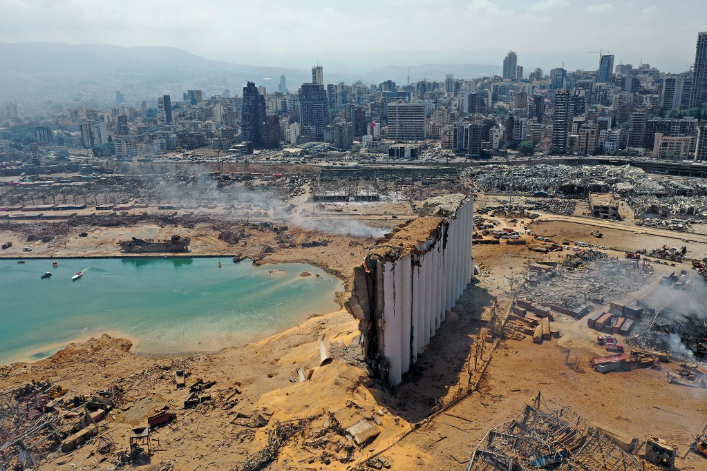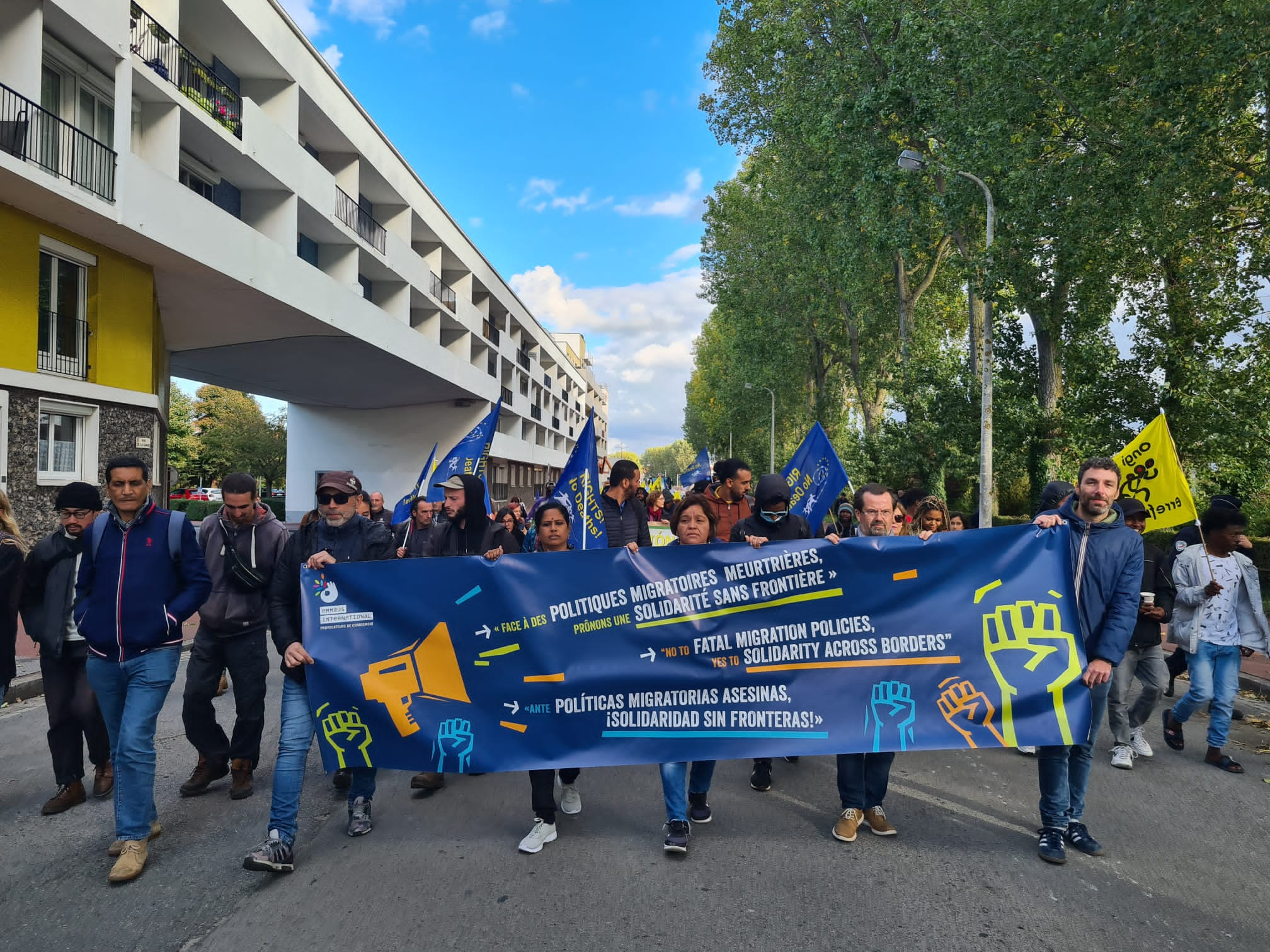"In the space of a few seconds, the city is devastated. Façades are ripped open, doors, windows and panes of glass shattered, and interiors ransacked."

Two months after the explosions that ravaged its capital, Lebanon is mired in a political crisis depriving the population of much-needed aid. Camille Chédid, Chair of the Association d’Entraide Professionnelle, based in Beirut, and Claude Audi, a Board Member, talk to us openly and honestly about this tragedy on 4th August 2020.
Early evening on Tuesday 4th August 2020 and the work day in Beirut has just finished. A lot of people have already returned home. Activities have slowed down since the country has been living through the worst financial crisis in its history combined with Covid-19, which is further limiting travel.
It is just after 6pm when the first explosion is heard, followed a few moments later by the second, which is even louder, whose blast sweeps away everything within a radius of several kilometres. In the space of a few seconds, the city is devastated. Façades are ripped open, doors, windows and panes of glass shattered, and interiors ransacked. This disaster is due to the explosion of 2,750 tons of ammonium nitrate stored in a warehouse in the port of Beirut, adjacent to the wheat silo. As a result, 200 people are dead or missing, 6,500 are injured, there are losses amounting to billions, and citizens are left shocked, tried, bruised and impoverished.
Low-income groups, who were already very vulnerable, have been hit hard. Among them are people in precarious situations supported by our not-for-profit association, AEP (Association d’Entraide Professionnelle [Occupational Mutual Aid Association]), which has been working in micro-finance since 1984 and is an active member of Emmaus International.
Forty-six AEP borrowers are business owners based near the disaster site or in the pathway of the devastating blast. Some of them run clothing, handicraft or mobile phone shops; others have snack bars, grocery shops, bakeries, sewing workshops, chocolate shops, and so on. They have lost their stock, their equipment, and their shops. Eighty other borrowers, based in regions further away, have also suffered damages, albeit indirectly, due to the disruption in the supply or flow chain of goods.
AEP’s main concern together is helping them through donations, subsidies, financial support, debt rescheduling and even debt cancellation.
Like all disasters resulting from human error, the explosion in the port of Beirut highlighted the flaws that allowed such a catastrophe to occur. The inquiry underway will determine the real causes of this disaster, but it is already clear that storing ammonium nitrate in such quantities and in such poor storage conditions created ripe conditions for such a calamity to occur.
Irresponsibility, negligence, corruption, institutional failures, all the ills from which Lebanon has suffered for many years have come to light; ills which prevent its population from living and flourishing. If, as the saying goes, every cloud has a silver lining, let’s hope that this terrible date of 4th August 2020 will serve to revive our country for a brighter future.
Camille Chédid
Chair of the Association d’Entraide Professionnelle
& Claude Audi
Board Member


